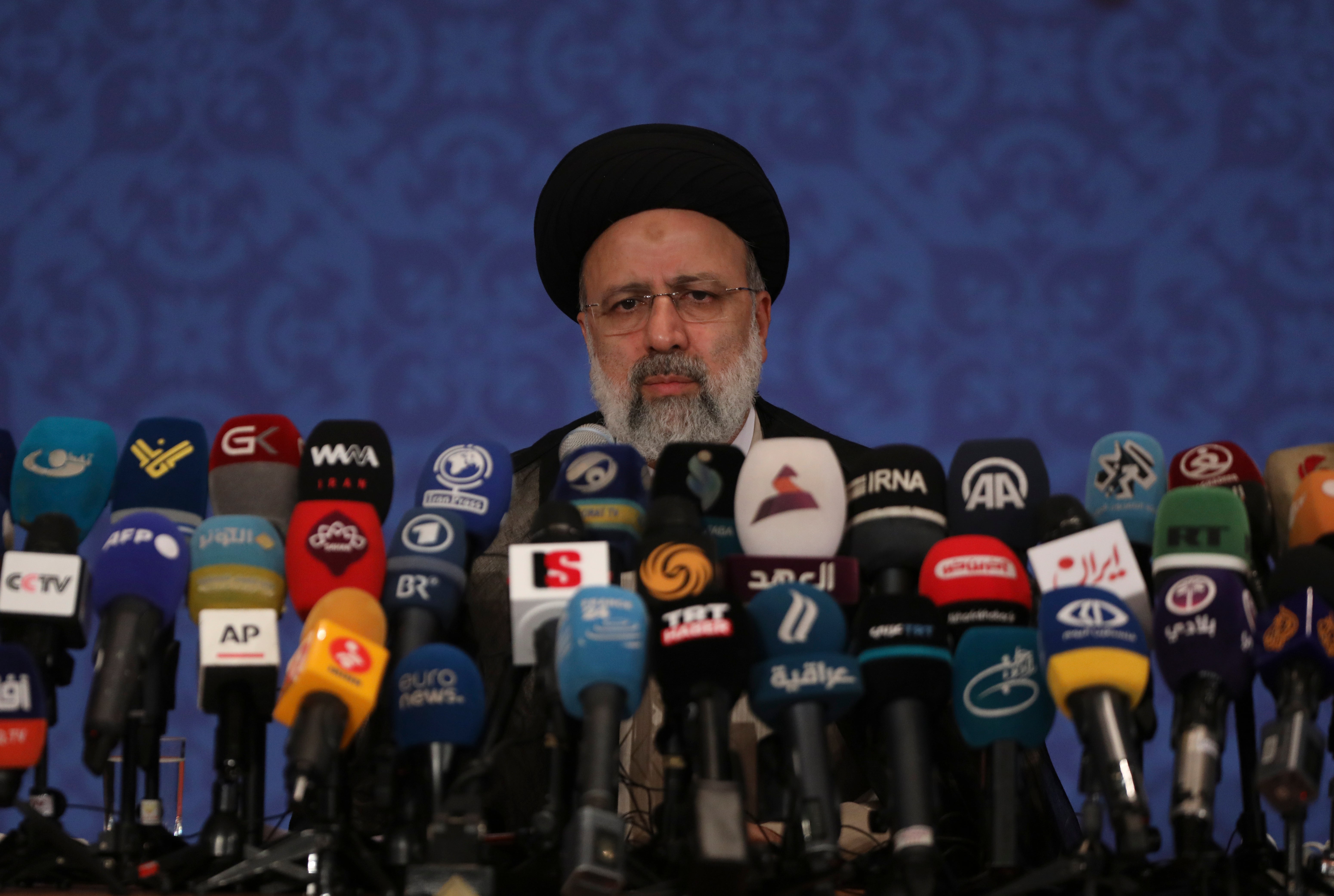US seizes Iranian news sites under unclear circumstances
The US seized roughly three dozen websites

Your support helps us to tell the story
From reproductive rights to climate change to Big Tech, The Independent is on the ground when the story is developing. Whether it's investigating the financials of Elon Musk's pro-Trump PAC or producing our latest documentary, 'The A Word', which shines a light on the American women fighting for reproductive rights, we know how important it is to parse out the facts from the messaging.
At such a critical moment in US history, we need reporters on the ground. Your donation allows us to keep sending journalists to speak to both sides of the story.
The Independent is trusted by Americans across the entire political spectrum. And unlike many other quality news outlets, we choose not to lock Americans out of our reporting and analysis with paywalls. We believe quality journalism should be available to everyone, paid for by those who can afford it.
Your support makes all the difference.American authorities took down a range of Iran's state-linked news websites under unclear circumstances on Tuesday, the US and Iran said, a move that appeared to be a far-reaching crackdown on Iranian media amid heightened tensions between the two countries.
The US seized roughly three dozen websites, the majority of which are linked to Iranian disinformation efforts, said a U. official who spoke on condition of anonymity because the case had not yet been officially announced by the American government.
Iranian state-run news agency IRNA announced the US government seizures of the websites, without providing further information.
The takedowns come as world powers scramble to resurrect Tehran s tattered 2015 nuclear deal and just days after the election victory of Iran's hard-line judiciary chief, Ebrahim Raisi On Monday, Raisi, known for his hostility to the West, staked out a hard-line position in his first news conference. He ruled out the possibilities of meeting with President Joe Biden or negotiating over Tehran’s ballistic missile program and support for regional militias — concerns the Biden administration wants addressed in future talks.
Iran provides support to militant groups in the region, such as Lebanon’s militant Hezbollah and Yemen’s Houthi rebels, as it seeks to wield its influence far afield and counter its foes.
On Tuesday, visiting the addresses of a handful of sites, including Iran state television’s English-language arm Press TV, Yemeni Houthi-run Al-Masirah satellite news channel and Iranian state TV’s Arabic-language channel, Al-Alam, produced a federal notice. It said the websites were seized “as part of law enforcement action” by the US Bureau of Industry and Security, Office of Export Enforcement and the Federal Bureau of Investigation.
The US government also took over the domain name of the news website Palestine Today, which reflects the view points of Gaza-based Islamic militant groups Hamas and Islamic Jihad, redirecting the site to the same takedown notice.
Yemen's Houthi rebel group announced that its Al-Masirah satellite news channel went offline without prior notice. It said the channel would continue in its mission of “confronting the American and Israeli acts of piracy against our nation, by any means.”
Press TV, launched in June 2007, is the state-run Islamic Republic of Iran Broadcasting's English-language service. There are no private television or radio stations in Iran. Satellite dishes, while widespread, also are illegal. That leaves IRIB with a monopoly on domestic airwaves.
Marzieh Hashemi, a prominent Press TV anchorwoman who, in 2019, was arrested as material witness in an unspecified criminal case and has appeared before a grand jury in Washington, told The Associated Press that the channel was struggling to “figure out the reasons” for the seizure.
While airing in Iran, Press TV focuses predominantly on international affairs through the lens of how leaders in the Islamic Republic see the world. Fierce criticism of British and American foreign policy is common. Since the 1979 Islamic Revolution, IRIB has been in the hands of hard-liners who back Iran’s government.
___
Associated Press writers Eric Tucker in Washington and Maggie Hyde in Cairo contributed to this report.